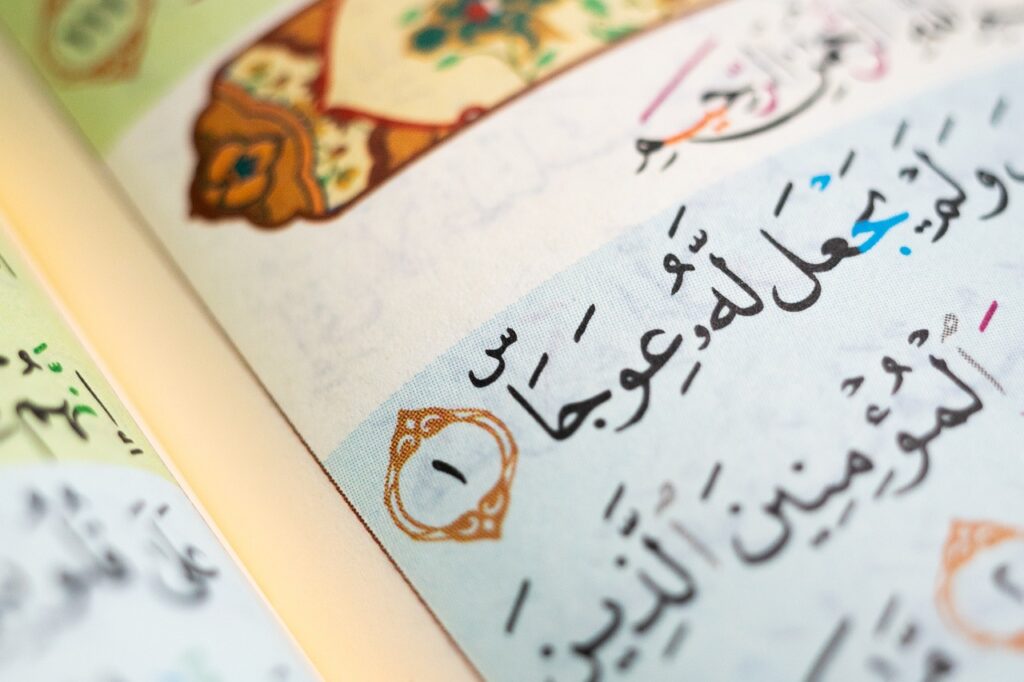The 7 Types of Qira’at: Learning Quranic Recitations

The 7 Types of Qira’at: Understanding and Learning Quranic Recitations The Quran is a linguistic and spiritual miracle, preserved over centuries with unparalleled precision. One of its fascinating features is the diversity in its recitation styles, known as Qira’at. These recitations, passed down through prophetic tradition, enhance the understanding of the verses and showcase the […]
Different Styles of Reciting the Quran

Different Styles of Reciting the Quran Reciting the Quran is a sacred art integral to Islamic tradition. Revealed in the Arabic language, the Quran must be recited with precision and respect to preserve its divine meaning. The various recitation styles, known as Qira’at, reflect the linguistic and cultural diversity of Islamic history and offer multiple […]
Free Online Tajwid Course

Free Online Tajweed Course: Enhance Your Quranic Recitation Tajweed, the art of reciting the Quran with accuracy and beauty, is an essential discipline for Muslims. Mastering the rules of Tajweed allows one to pronounce every word according to precise linguistic and spiritual guidelines, adding depth to one’s recitation. Fortunately, many free online Tajweed courses make […]

